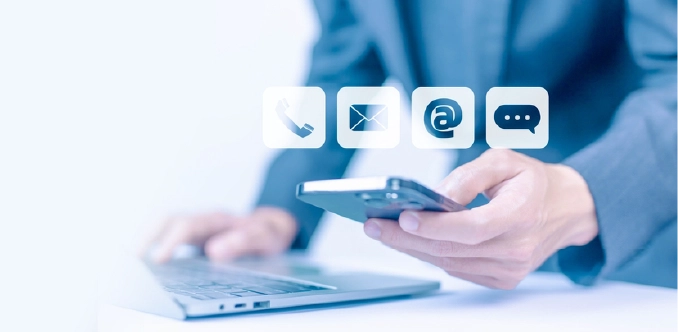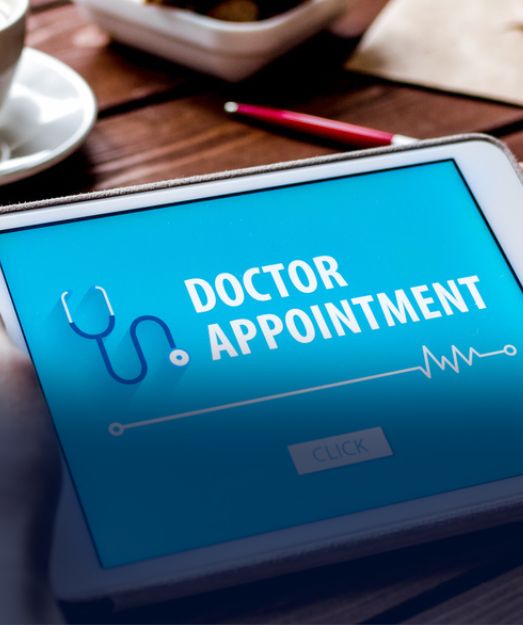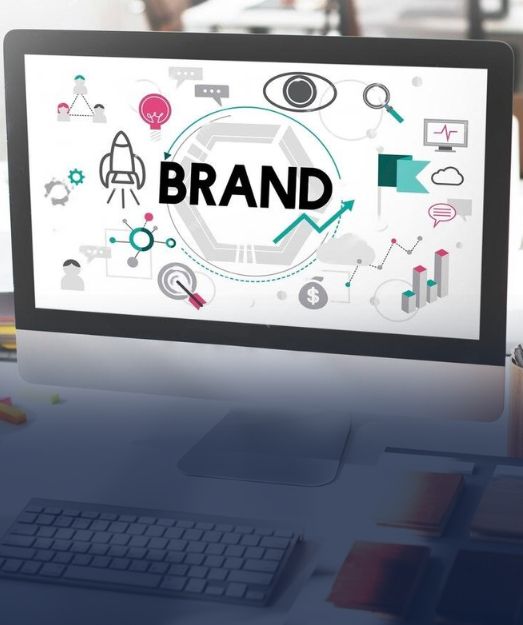
Social media has increased to several heights in recent years with billions of users using Facebook, Instagram, LinkedIn, and many others. Although it is a widely used field, social media is a highly competitive industry where a proper social media marketing strategy is required to master the game of healthcare social media.
Social media platforms enable hospitals and healthcare facilities to engage directly with potential patients, offering important information to help them make informed health decisions.
Why is social media important to healthcare?
Gone are the days for word of mouth, now social media is considered as the word of mouth and the word travels much faster in the world of social media. When something is popular or being widely discussed, it’s often happening on platforms like Facebook and Instagram. To see what’s capturing people’s attention, check out the trending topics on these social media sites, which reveal what people are posting about and engaging with.
While social media is essential for any business, it is especially important for healthcare.
To begin with, healthcare is all about people. It is important to know what they need and what drives them, so you can communicate in a way that connects with their interests. You also need to be able to speak to them directly.
What are the benefits of healthcare social media marketing?
Social media is a valuable tool that can help grow your healthcare business. By using it effectively, you can achieve:
Improved engagement and communication:
You can social media use in healthcare to answer patient questions, offer support, and gather feedback as they are highly trustworthy when health care tips and advice comes from the experts in the medical field.
Enhanced awareness and brand visibility:
By sharing interesting and helpful content, you can establish yourself as an expert and attract new patients.
Reputation management:
By quickly and professionally addressing negative reviews, healthcare organizations can protect their reputation. Social media can also be a tool for communicating with patients during crises, like natural disasters or public health emergencies.
Targeted audience reach:
Social media lets healthcare companies share content with specific audiences, helping to make sure the right people receive the right information.
Improved website traffic:
Healthcare practitioners can draw new visitors to their websites by sharing links to helpful and interesting content on social media.
What are the best tips to master social media and healthcare marketing to attract visitors?
If you want to enhance your healthcare social media marketing, there are several steps you can take to get more likes, shares, and interactions from your patients. Try these tips to boost your social media marketing strategy!
Share preventive health tips:
Posts that are timely can effectively engage and educate your audience. This type of content can cover recent health issues, common procedures (like flu shots), and current industry trends. For example, a recent post might highlight new research on the risks of smoking. Consistently sharing this kind of content helps you build a connection with your audience.
People rely on you to share the latest healthcare news, so they’re more likely to follow your posts. Focusing on trending topics can also boost engagement, both with your facility and in the comments.
Educate your audience:
People expect healthcare facilities, whether they’re outpatient centers or hospitals, to provide education. That’s why your social media marketing strategy should include sharing educational content. This can include everything from blog posts to preventive measures.
Raising awareness on trending topics and treatments:
Use your social media to inform your audience about healthcare topics, preventive measures, and the importance of regular check-ups. Well-informed patients are more likely to book appointments.
Highlight your success stories:
Share stories of patients who have had positive experiences with your healthcare services or treatments. This personalizes your brand and shows the real difference your organization makes in people’s lives.
Show your brand in everything you post:
Although many healthcare facilities share similar values, such as offering quality care, each has its own unique brand and voice. Social media allows you to highlight these differences through the content you post and how you interact with followers.
To stand out from other facilities, focus on showcasing your brand in distinctive ways.
User-generated content, or content created by your audience, is a great social media marketing strategy. People trust recommendations from their friends and family, so having content that endorses your facility is a significant advantage.
Important Takeaway:
Medical social media marketing is now a crucial tool for healthcare organizations to connect with patients, boost brand visibility, and encourage meaningful interaction. Using social media platforms effectively helps you reach a larger audience, target specific groups, and build strong relationships with patients.
Healthcare social media marketing offers many benefits, including more website traffic, increased patient conversions, better reputation management, and educational opportunities. However, it’s important to handle social media marketing with compliance and ethical considerations.
By following these principles, your healthcare organization can fully harness social media to transform patient care and communication in today’s digital world.



















